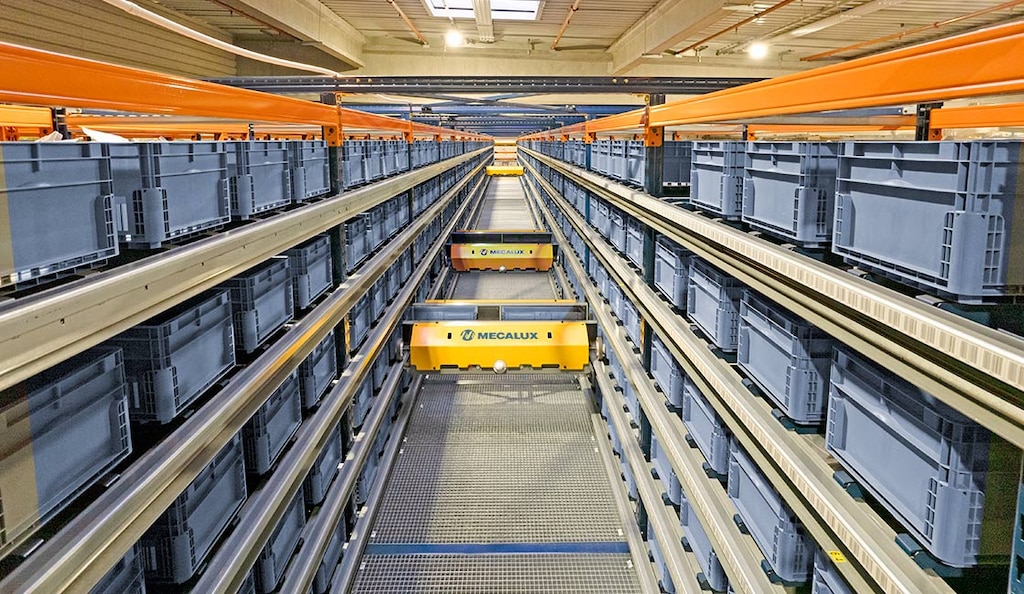
Machine customers: the rise of systems that buy and sell products
The most cutting-edge enterprises are gearing up for the emergence of a new trend that, according to experts, will have an even greater impact than the implementation of ecommerce. Ways of buying and selling continue to evolve and with technological advances, these tasks are no longer solely carried out by humans.
What are machine customers?
Machine customers — aka custobots — are AI-powered programs designed with the ability to buy and sell products automatically. Gartner contends that this invention will have a major effect on commerce and industry in the coming years. For that reason, the technology consulting firm recommends exploring this trend involving consumers, businesses and machines in what it calls “the biggest new growth opportunity of the decade.”
Great potential
Machine customers are among us. In the era of the Internet of Things (IoT) and its industrial counterpart (IIoT), there are more than seven billion interconnected devices worldwide with the potential to act as buyers. They include phones, tablets, computers, smartwatches, speakers and printers, among others. These devices can already analyse information and make decisions and for the technology that makes that possible, this is just the beginning.
Examples of machine customers
Some household devices have already started ordering products autonomously. According to a Gartner research panel composed of executives, by 2030, machines could handle 25% of all market transactions:
- Printers that order ink. Certain paper printers can detect when their ink has run out and purchase another toner cartridge independently. The new packages are delivered to the postal address provided by the owner during the device registration. A case in point is the HP Instant Ink service.
- Toothbrushes, washing machines, dishwashers. In addition to printers, other household appliances can detect when they need new parts or place orders for detergent. Several of them are managed through services like Amazon Dash Replenishment, which connects these machines with products for sale.
- Self-repairing vehicles. Autonomous driving is already a reality in industrial contexts and engineering teams are working to allow these cars to share the road with human drivers. Soon, some vehicles will be able to detect that they have a flat tyre, for example. They’ll then schedule an appointment at a service centre and forward their relevant information.
These are small-scale actions, but the rise of systems that buy and sell products is expected to transform sales, marketing and data analysis departments. All of them will have to strive to convince algorithms instead of people.

Evolution of machine customers
Gartner experts anticipate three distinct phases in the evolution of machine customers:
- Today. Nowadays, machine customers are programs linked to humans. They purchase very specific items according to preset rules. That is, the person gives the orders and the system executes the commands.
- 2026. A few years from now, machine customers will be able to choose from several competing products autonomously based on rules. Although the software will carry out the command, the decision will no longer be solely human but shared.
- 2036. Within a decade, these machines will be fully autonomous shoppers. They will rely on rules, preferences and context to deduce both consumers’ needs and their own.
Gartner forecasts that, due to these changes, by 2028, machine users will have rendered 20% of websites accessible to humans obsolete. Product information shared on the internet should not only be designed for a conventional audience but also capture the attention of future robotic buyers.
Differences between machine customers and humans
Convincing a program is not the same as convincing a person. In fact, there are several substantial differences between the two. These will have a significant impact on business operations:
- Buyer motivation. Robots are guided by logic and follow rules to solve problems. While people do not always reveal their true intentions during the purchasing process, in certain cases, the lack of transparency in machine decision-making can cause issues. This matter has already caught the attention of regulatory authorities.
- Information processing capacity. Machine customers can consider enormous amounts of data before making their choice and are not swayed by emotion.

Getting ready to serve machine customers
The arrival of custobots will also affect matters relating to customer acquisition and service:
- Programming as the epicentre of sales. In the near future, sales professionals will have to study the behaviour of machines to discern their shopping preferences. A sales organisation may have its own robots to attend to them and even create new bots dedicated to buying and selling between programs.
- Inventory traceability and automation. Among other aspects, these virtual shoppers appreciate good service. Improving logistics processes through automated storage and retrieval systems (AS/RS) and digitalising inventories with tools like warehouse management systems (WMSs) can give companies a competitive edge over machine customers.
- Marketing for machines. Marketing professionals will need to help these devices find the information they need through enhanced e-commerce platforms. They must do this with an understanding of how machine learning operates but without neglecting human behaviour.
- High-quality information. Data and analytics will be crucial for driving sales through robots.
Looking to digitalise and automate your logistics operations? Be sure to get in touch. At Mecalux, we’re experts in warehouse consulting and optimisation. Our systems integrate the latest advances in automation, software and AI. We’ll help you find the solution that best suits your needs and prepare you to serve your new clients: machine customers.
